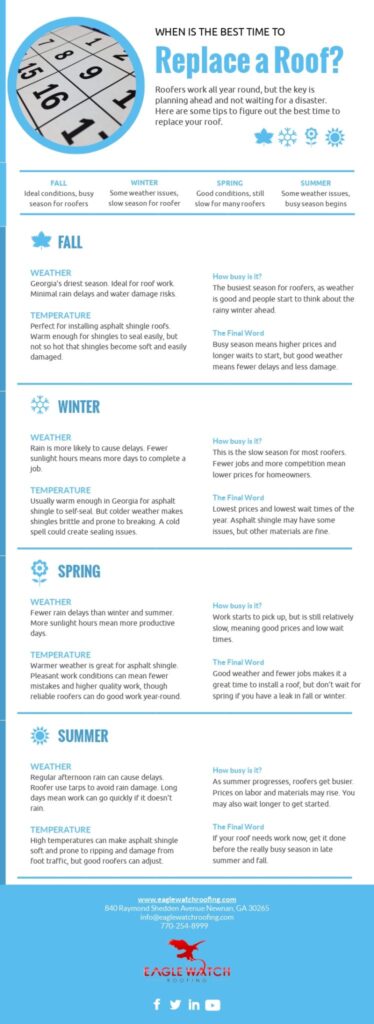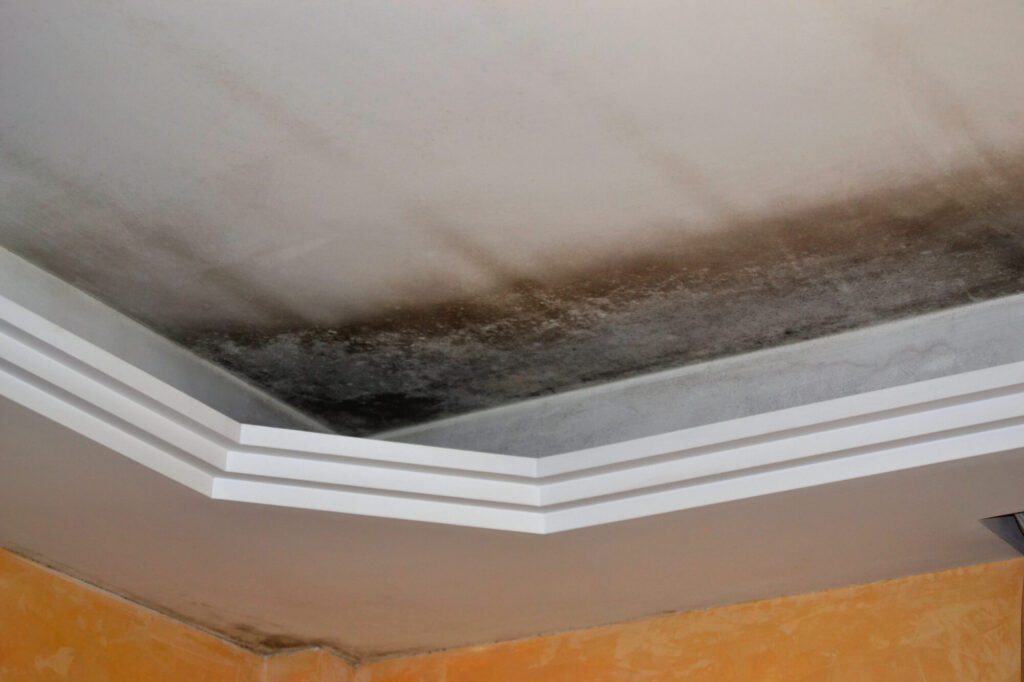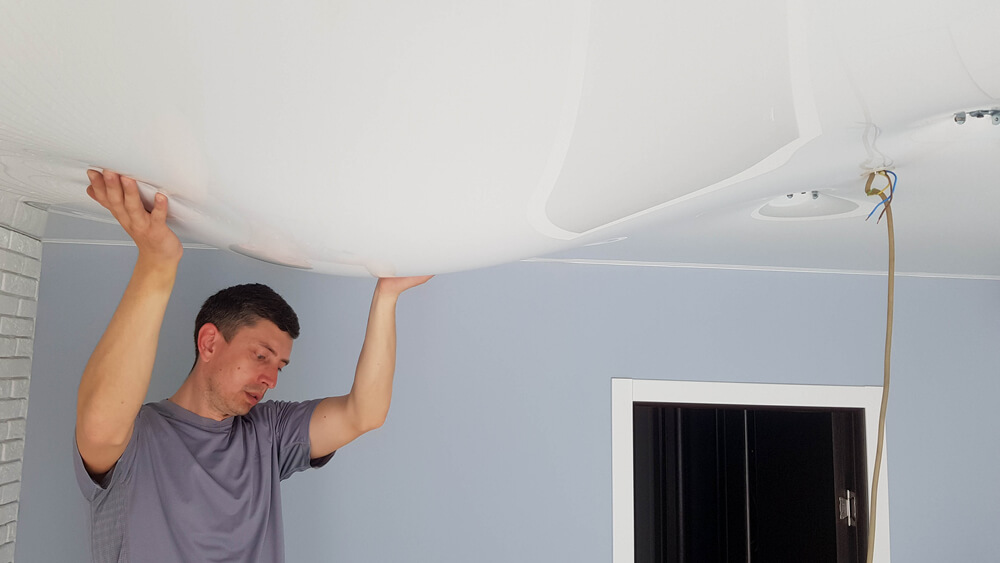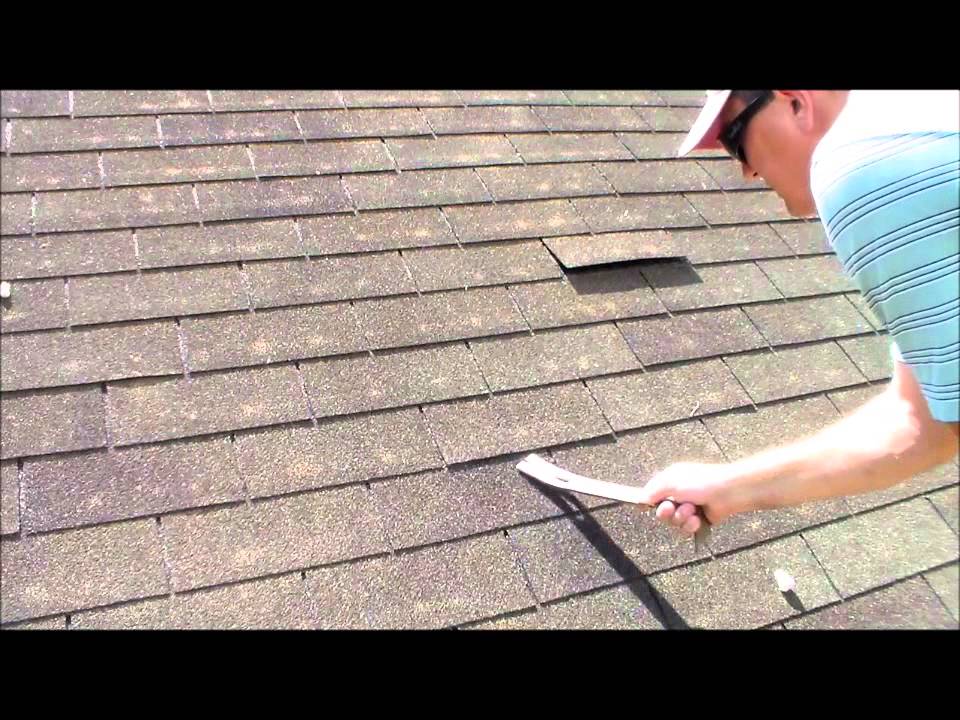When it comes to replacing your roof, timing is everything. The time of year you choose for this significant home improvement project can greatly impact the outcome and overall success. From severe weather conditions to availability of roofing contractors, there are various factors to consider. In this article, we will explore the different seasons and provide valuable insights on the best time of year to replace a roof, ensuring you make a well-informed decision for the protection and longevity of your home.


Factors to Consider
When it comes to replacing a roof, there are several factors that you should consider before deciding on the ideal time of year to undertake this project. Considering these factors will ensure that the roof replacement process goes smoothly and that you make the most informed decision.
Climate
The climate in your region plays a crucial role in determining the best time of year to replace your roof. Extreme temperatures, heavy rainfall, and high winds can all impact the installation process and the overall durability of your new roof. By taking into account your local climate, you can ensure that your roof replacement is done during a season with favorable weather conditions.
Availability of Contractors
Another factor to consider is the availability of contractors. Roofing contractors tend to have busy seasons when they are inundated with roof replacement projects. It is important to schedule your project during a time when contractors have availability to ensure that your roof replacement is completed efficiently and within a reasonable timeframe.
Costs
Cost is also an important consideration when replacing a roof. The time of year can affect labor and material costs, so it’s essential to be mindful of any seasonal fluctuations. By choosing the right time to replace your roof, you may be able to take advantage of discounts and offers provided by contractors or suppliers, ultimately saving you money.
Personal Schedule
Lastly, it’s important to take your personal schedule into account when deciding on the best time to replace your roof. Consider any upcoming events, vacations, or commitments that may impact your ability to oversee the project or have access to your home. Planning your roof replacement during a time when it aligns with your schedule will help minimize disruptions and ensure a smooth process.
Spring
Benefits of Replacing a Roof in Spring
Spring is often considered an ideal time to replace a roof due to its mild weather conditions. The temperatures are typically moderate, making it comfortable for roofing contractors to work without the extreme heat or cold. Additionally, the increased daylight hours provide ample time for the replacement project to be completed efficiently. Roofing materials also tend to adhere better in the spring, thanks to the moderate temperatures, leading to better overall installation.
Considerations for Replacing a Roof in Spring
While spring offers many benefits for roof replacement, it is essential to consider the potential for inclement weather. Springtime often brings rain showers and storms, which can delay or interrupt the roof replacement process. It is crucial to work closely with your contractor to plan the project around the weather forecast and ensure that the roof is adequately protected in case of unexpected rain.
Summer
Benefits of Replacing a Roof in Summer
Summer is another popular season for roof replacement projects. The warm and dry weather conditions provide an ideal environment for roofing contractors to work efficiently. The longer days also allow for extended working hours, which can expedite the completion of the project. Additionally, summer often coincides with summer vacation, making it easier for homeowners to be available during the installation process.
Considerations for Replacing a Roof in Summer
While summer offers favorable weather for roof replacement, intense heat can pose some challenges. High temperatures can cause roofing materials to become more pliable, which may make installation more difficult. Additionally, the demand for contractors tends to be higher during the summer months, resulting in potential scheduling delays. It is important to book your contractor well in advance and ensure they have the capacity to complete your project in a timely manner.
Fall
Benefits of Replacing a Roof in Fall
Fall can be an excellent time to replace a roof for several reasons. The cooler temperatures provide a comfortable working environment for roofers, and the milder weather reduces the likelihood of delays due to extreme conditions. Fall is also a transitional period before the winter season, making it an advantageous time to address any potential issues or prepare the roof for the colder months ahead. Additionally, contractors tend to be less busy in the fall, increasing the likelihood of securing your preferred dates.
Considerations for Replacing a Roof in Fall
While fall offers many benefits for roof replacement, it is important to be mindful of the potential for falling leaves and debris. Regular maintenance, such as cleaning the gutters and removing any obstructions, will help prevent any issues during the installation process. Additionally, schedule your roof replacement project before the weather becomes unpredictable and temperatures drop significantly.


Winter
Benefits of Replacing a Roof in Winter
While winter is not the most popular time for roof replacement, it does offer some advantages. Contractors may be more readily available during the off-peak season, and you may have more flexibility in scheduling your project. Additionally, if your roof is in urgent need of replacement and cannot wait until spring, winter is a viable option. Furthermore, replacing a roof in winter allows you to discover and address any potential leaks or insulation issues before the harsh weather exacerbates them.
Considerations for Replacing a Roof in Winter
It is important to note that winter brings its own set of challenges when replacing a roof. Cold temperatures can make materials more brittle and less pliable, potentially affecting the ease of installation. Snow and ice can also pose safety risks for roofers, making it critical to ensure that proper safety measures are in place. Additionally, winter weather conditions may cause delays and extend the project timeline. It is crucial to consult with your contractor to determine if winter is the best time for your roof replacement, considering your specific circumstances.
Best Time of Year Based on Climate
Hot Climate Areas
In hot climate areas, where temperatures can soar during the summer, the best time to replace a roof is typically in the fall, winter, or spring. These seasons offer more moderate temperatures, making it more comfortable for contractors to work. Additionally, avoiding the scorching heat of summer can prevent the roofing materials from becoming too pliable, ensuring a better installation.
Cold Climate Areas
For cold climate areas with harsh winters, the best time to replace a roof is generally in the late summer or early fall. Completing the roof replacement before the arrival of the winter season allows homeowners to address any insulation or leakage issues before the cold weather sets in. It also ensures that the roof is secure and prepared to withstand heavy snowfall and freezing temperatures.
Moderate Climate Areas
In moderate climate areas, where the temperature and weather conditions are relatively consistent throughout the year, the best time to replace a roof can vary. Generally, spring and fall are favorable seasons due to the milder temperatures and lower chances of extreme weather conditions. However, it is important to consider other factors, such as contractor availability and personal schedule, when deciding on the ideal time for your roof replacement.


Best Time of Year Based on Contractor Availability
Busy Seasons for Contractors
Contractors often experience busy seasons, typically during the spring and summer months when homeowners are most likely to undertake renovation projects. To secure the services of a reputable contractor during their busy season, it is advisable to book well in advance. This ensures that your roof replacement project is scheduled at a time when the contractor has availability and can commit to completing the job in a timely manner.
Off-Peak Seasons for Contractors
Off-peak seasons for contractors, such as fall and winter, can be advantageous for scheduling your roof replacement project. During these times, contractors may have more flexibility in their schedules and be able to accommodate your project more readily. Additionally, off-peak seasons may offer opportunities for cost savings or discounts, as contractors may have lower demand during these periods.
Best Time of Year Based on Costs
Off-Season Discounts
In many cases, contractors and suppliers offer off-season discounts for roof replacements. These discounts are typically available during the slower periods, such as fall and winter. By taking advantage of these off-season discounts, you can potentially save a significant amount of money on both labor and materials. It is recommended to explore these cost-saving opportunities and consult with contractors to find the best time that aligns with your budget.
Seasonal Material Availability
Certain roofing materials may have seasonal availability or pricing variations. For example, if you have a specific type of roofing material in mind that is popular during the summer, it may be more cost-effective to purchase it in the off-season when demand is lower. Additionally, discussing material options and seasonal availability with your contractor can help you make an informed decision that suits both your budget and desired roofing material.


Best Time of Year Based on Personal Schedule
Consideration of Personal Commitments
Your personal schedule should also be taken into consideration when determining the best time of year to replace your roof. Assess any upcoming events, vacations, or commitments that may affect your ability to oversee the project or provide access to your home. Planning your roof replacement during a period when you have fewer personal commitments will allow you to be present during the process and address any concerns promptly.
Conclusion
In summary, choosing the best time of year to replace your roof involves considering various factors. Climate, contractor availability, costs, and personal schedule all play significant roles in determining the ideal timing for your project. By evaluating these factors and incorporating them into your decision-making process, you can ensure a successful and hassle-free roof replacement experience. Remember, different situations require different considerations, so take the time to assess your unique circumstances and consult with professionals for expert guidance.









